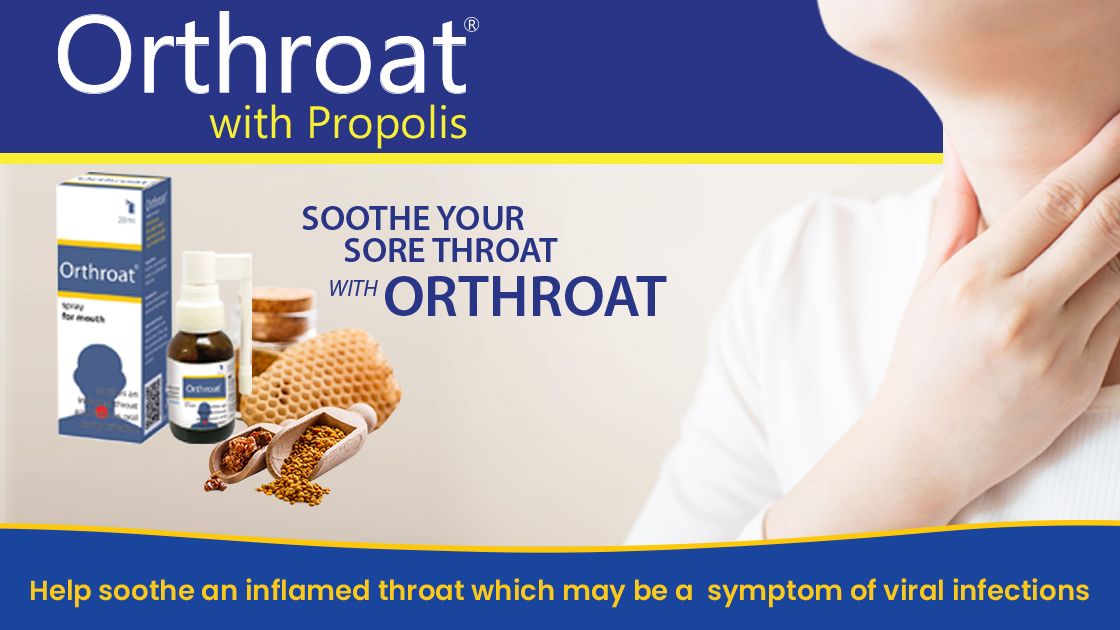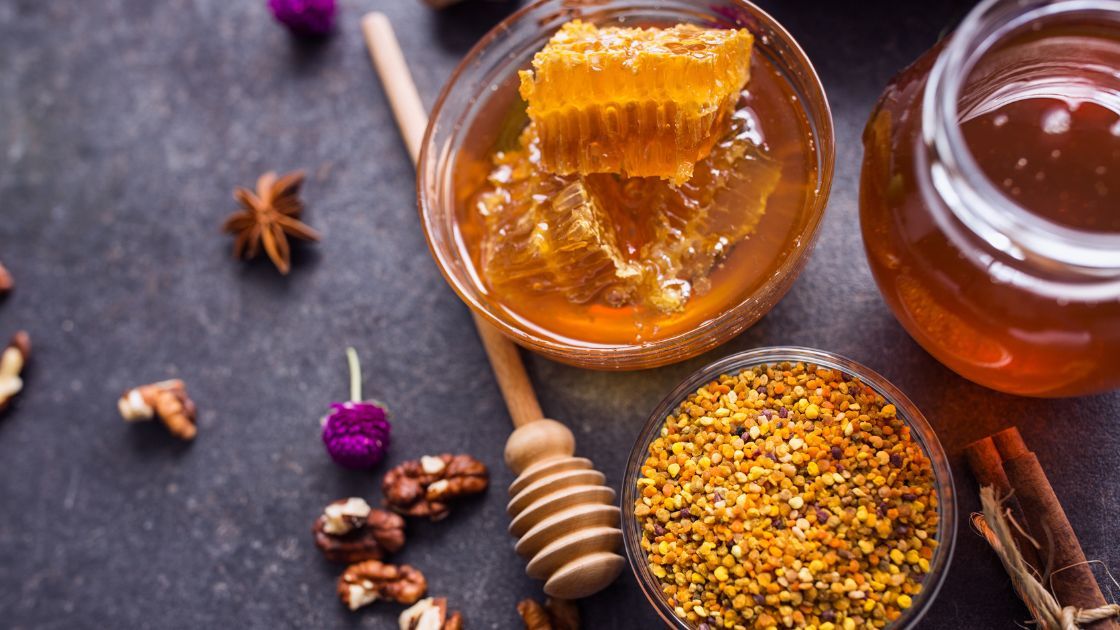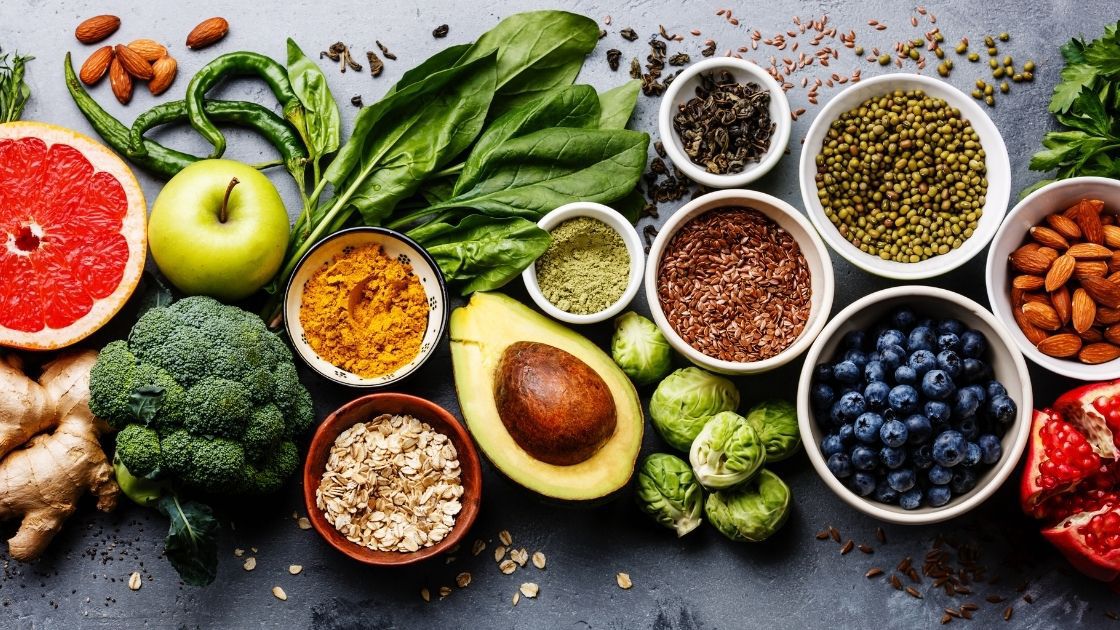Understanding the best time to take vitamin B complex is critical to unlocking its benefits, which is essential for maintaining good health, especially as we age. Vitamins B1, B6, and B12 offer significant advantages for older adults. These B vitamins are important for functions such as converting food into energy, supporting brain and nerve health, and ensuring cellular integrity.
Understanding the Functions & Benefits of Vitamin B Complex (B1, B6, B12)
Vitamins B1, B6, and B12 are crucial for health, particularly in older adults. Vitamin B1 (Thiamine) is vital for converting food into energy and supporting nerve function.
Vitamin B6 (Pyridoxine) enhances metabolism, brain health, and immune function, participating in over 100 enzyme reactions and regulating homocysteine levels, an amino acid essential for heart health.
Vitamin B12 (Cobalamin) is essential for DNA, red blood cell formation, and brain function.
Together, B1, B6, and B12 boost energy metabolism, support brain and cognitive function, and ensure cellular health, playing a vital role in the well-being of older adults.
Conditions Leading to Vitamin B Deficiency
Certain conditions may contribute to the development of deficiencies in vitamins B1, B6, and B12.
Up to 80% of alcoholics, up to 98% of diabetics, and around one‐third of dialysis patients with altered mental status have been reported to be deficient in vitamin B1.
Vitamin B6 deficiency is most commonly seen in patients treated with medications that interfere with the absorption and utilization of B6, acting as B6 antagonists, such as isoniazid, phenelzine, hydralazine, and penicillamine. It was also reported that up to 80% of patients on hemodialysis may be deficient in vitamin B6. Malnutrition from chronic alcoholism and increased metabolic needs, as seen in pregnancy, may also result in vitamin B6 deficiency.
Vitamin B12 deficiency affects as many as 30‐40% of older adults, often due to malabsorption. The absorption of Vitamin B12 decreases with age, and deficiency can cause anemia and neurological problems. Since the primary dietary source of vitamin B12 is meat, vegetarians often have suboptimal vitamin B12 levels in the body. Vitamin B12 deficiency may also occur in patients taking B12 antagonists, such as Metformin, and proton pump inhibitors, such as Omeprazole.
Identifying the Best Time to Take Vitamin B Complex
Like most other vitamins, the best time to take Vitamin B Complex is generally in the morning. Since B vitamins are essential in energy production and metabolism, taking them early in the day can maximize their benefits, particularly in boosting energy levels. Taking them with breakfast is preferred to enhance absorption and reduce the chance of stomach upset. Consistency in taking these vitamins simultaneously each day can also be beneficial.
Conclusion
In summary, Vitamins B1, B6, and B12 are crucial in maintaining overall health, especially in older adults. Incorporating these vitamins through both supplements, ideally taken in the morning, and a balanced diet rich in specific food sources can significantly enhance energy metabolism, brain function, and cellular health. It is essential to be consistent in your vitamin regimen and consult healthcare providers for personalized advice, particularly in age-related changes. By understanding and utilizing these essential nutrients effectively, older adults can support their health and well-being.
Our Vitamin B Complex Brands
Polynerv 1000
Polynerv 1000 contains B vitamins B1, B6, and B12. They are developed for individuals who might not receive enough of these nutrients due to their diet, health conditions, or lifestyle. They aim to support overall well-being by contributing to the functions of the brain, nerves, and energy levels, as well as assist with the general health of the immune and cardiovascular systems.
Polynerv Syrup
Polynerv Syrup provides vitamins B1, B6, and B12 in strawberry-flavored syrup, aimed at supporting general health in children. It is intended for use alongside a balanced diet to help fill nutritional gaps, as well as to support energy levels and cognitive function.
References
Bearden, S., Eisenschenk, S., & Uthman, B. M. (2015, Feb 3). Diagnosis of Nonconvulsive Status Epilepticus (NCSE) in Adults with Altered Mental Status: Clinico – Electroencephalographic Considerations. American Journal of Electroneurodiagnostic Technology.
Calderón-Ospina, C., & Nava-Mesa, M. (2019, September 6). CNS Neurosci Ther. B vitamins in the nervous system: Current knowledge of the biochemical modes of action and synergies of thiamine, pyridoxine, and Cobalamin.
Cleveland Clinic. (2021, April 25). The best time to take vitamins.
Cleveland Clinic. (2024, January 7). A close look at all the B vitamins.
Hammond, N., Wang, Y., Dimachkie, M., & Barohn, R. (2013, May 31). Nutritional Neuropathies. U.S. National Library of Medicine.
Kerns, M. (2021, June 15). What are the benefits of vitamins B1, B6 and B12? LIVESTRONG.COM.
Readman, M. (2023, July 18). When Should You Take A B Vitamin Complex To Support Optimal Health? Experts Explain. mindbodygreen RSS.










